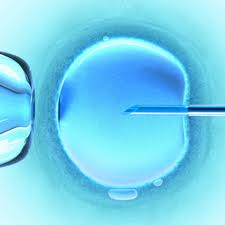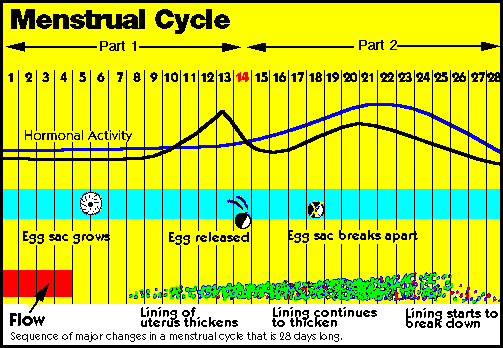For maximum accuracy, follow the kit’s directions to the letter. However, if the instructions say to test your first urine of the day, you may want to test your second catch instead. Your urine can become concentrated overnight and might give you a false-positive result.
Your cycle starts on the first day you have your period. If you have a 28-day cycle, start using the test on day 11 and use it for six days, or however many days the manufacturer recommends. If your cycle runs between 27 and 34 days, your ovulation may range between days 13 and 20. Start testing on day 11 and continue until day 20 or so. If you have an irregular cycle, you may find that this is the least satisfying way for you to detect your ovulation, because some of the kits — which range in price from $20 to $50 — provide only five to nine days’ worth of tests. You may need to buy more than one kit a month. Continue reading →






